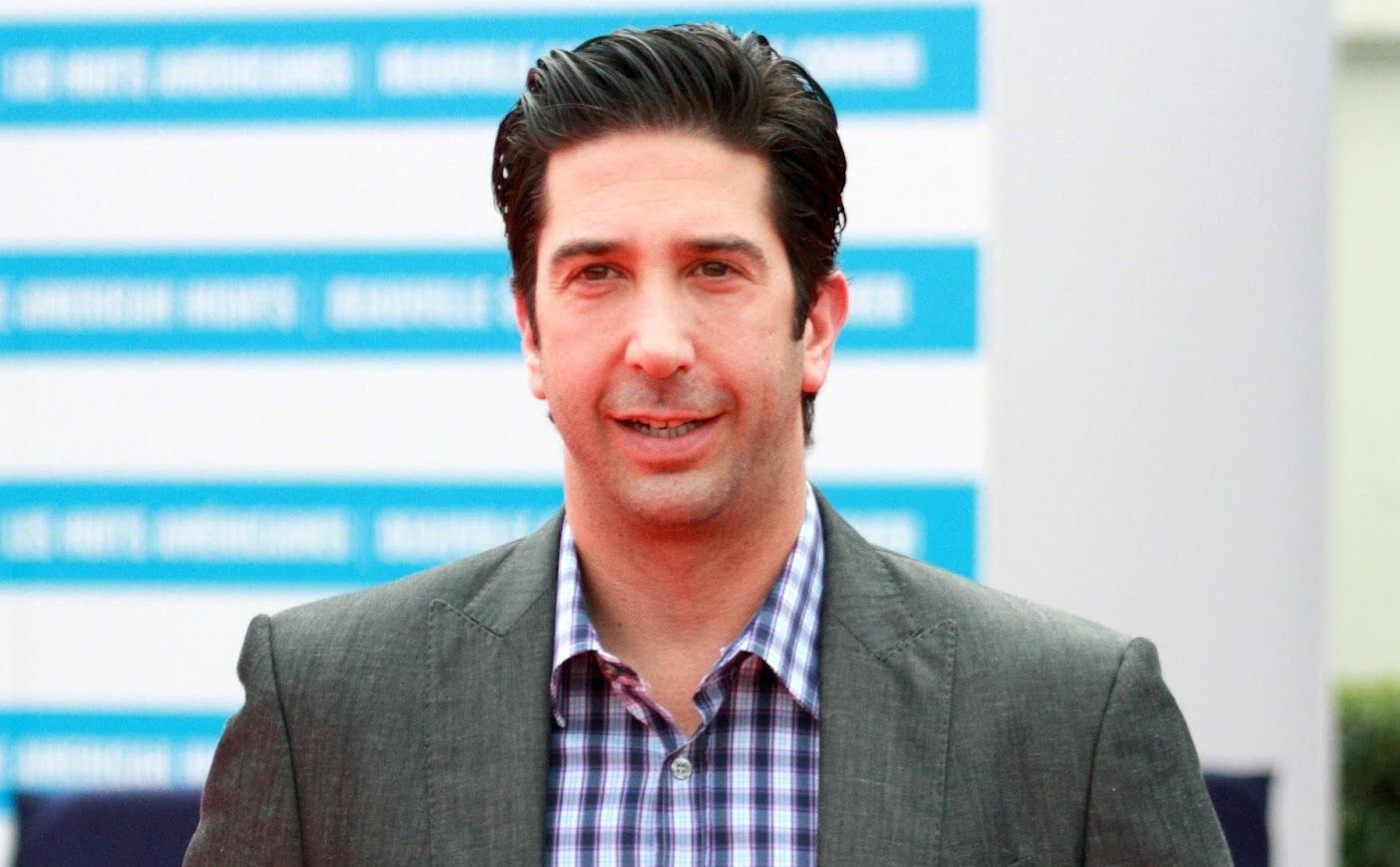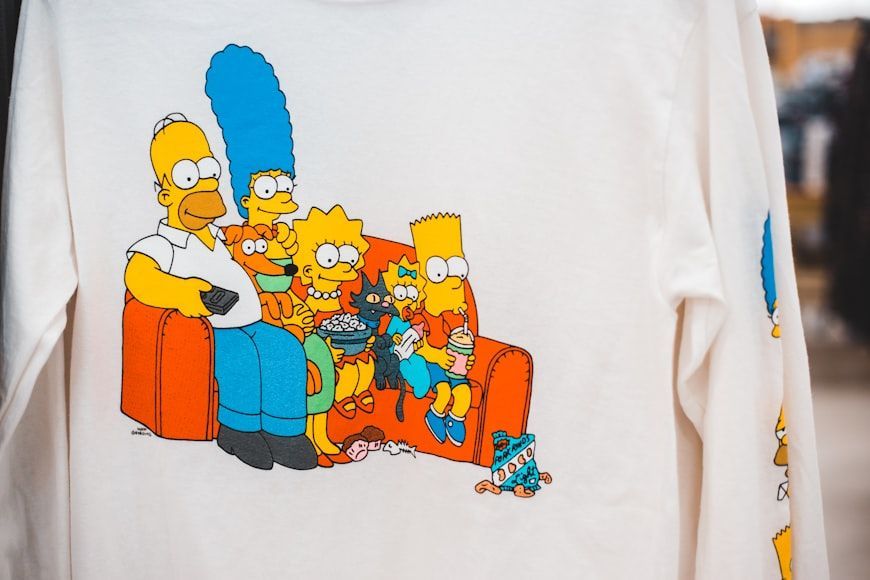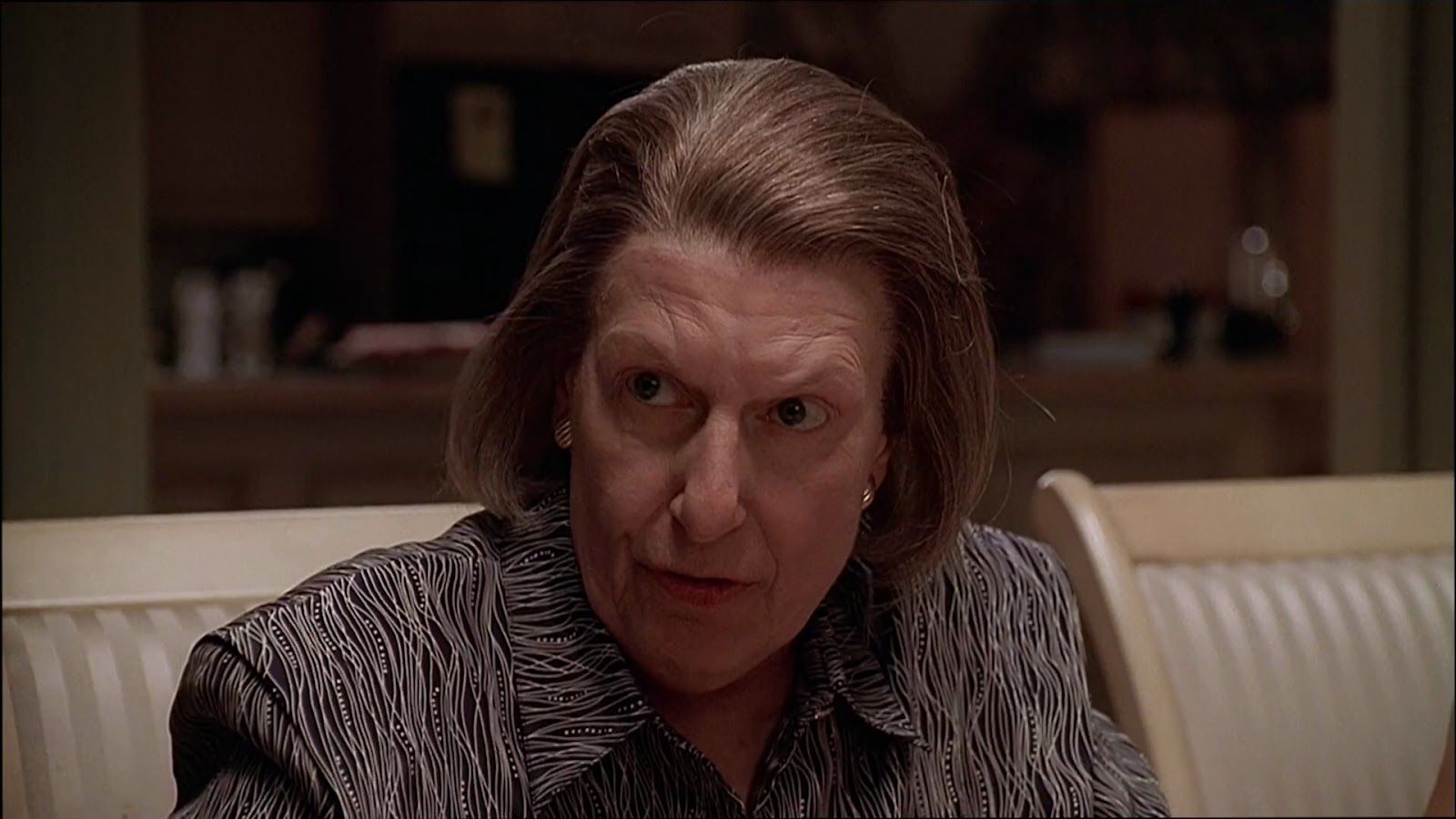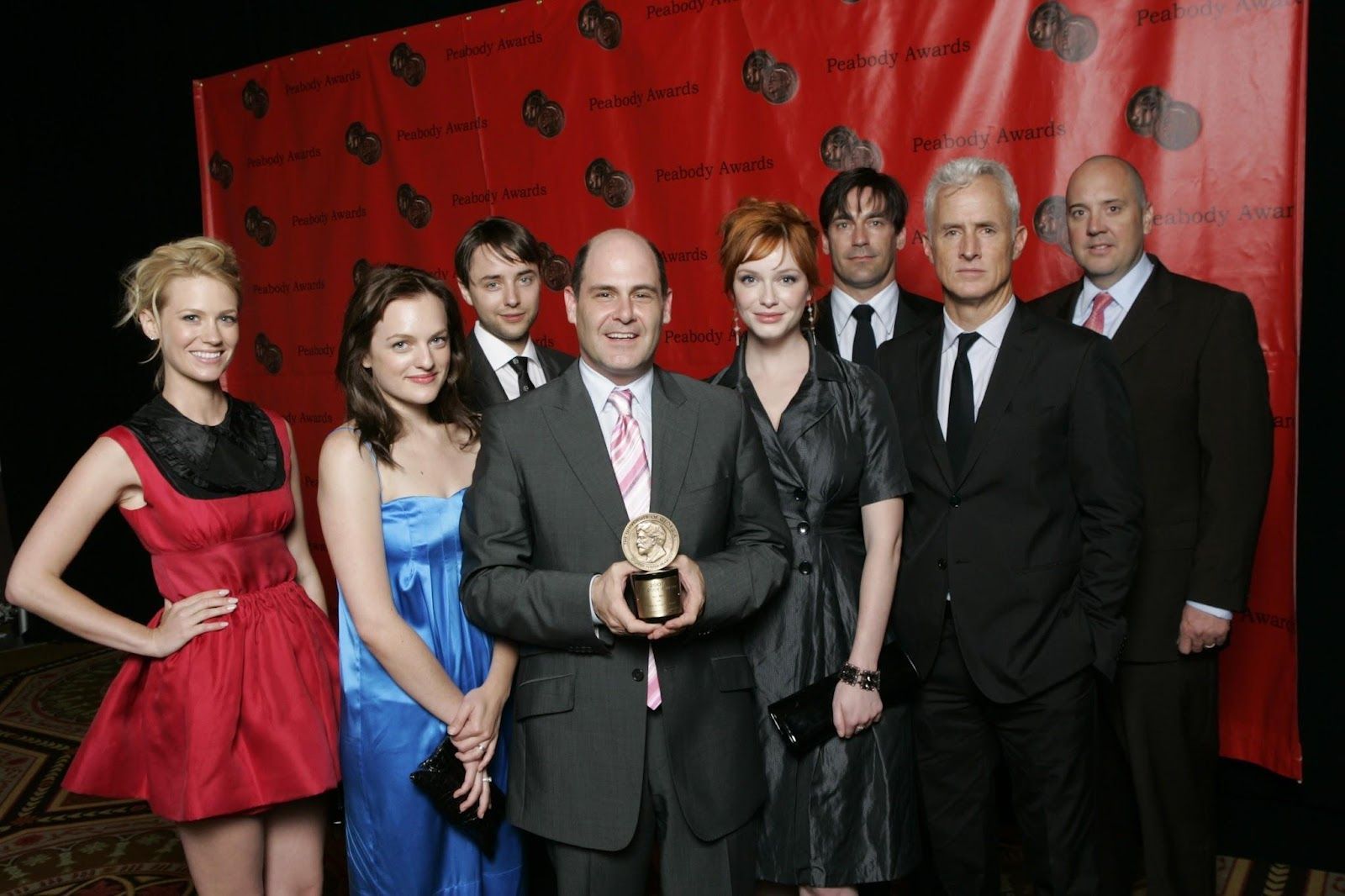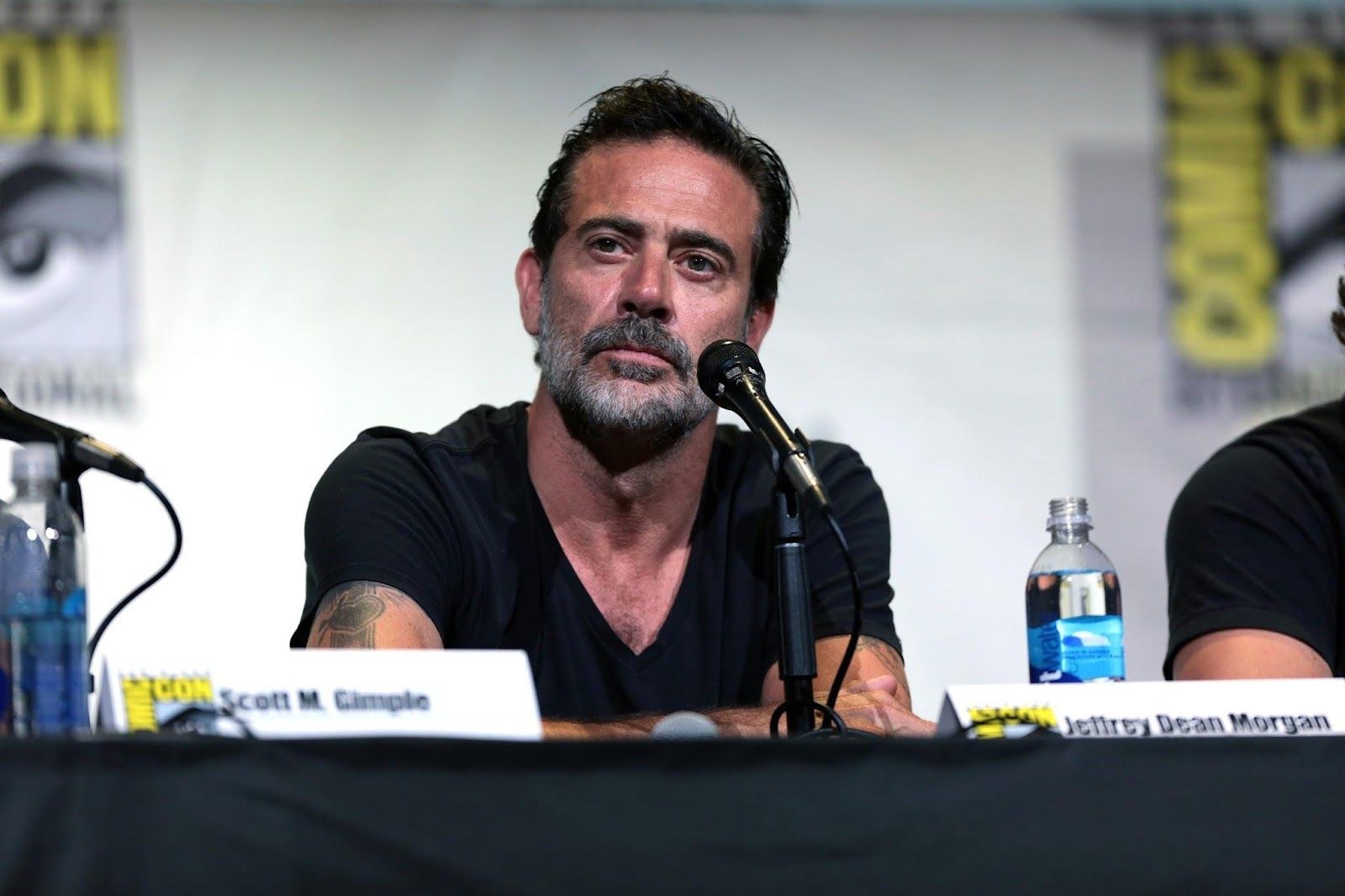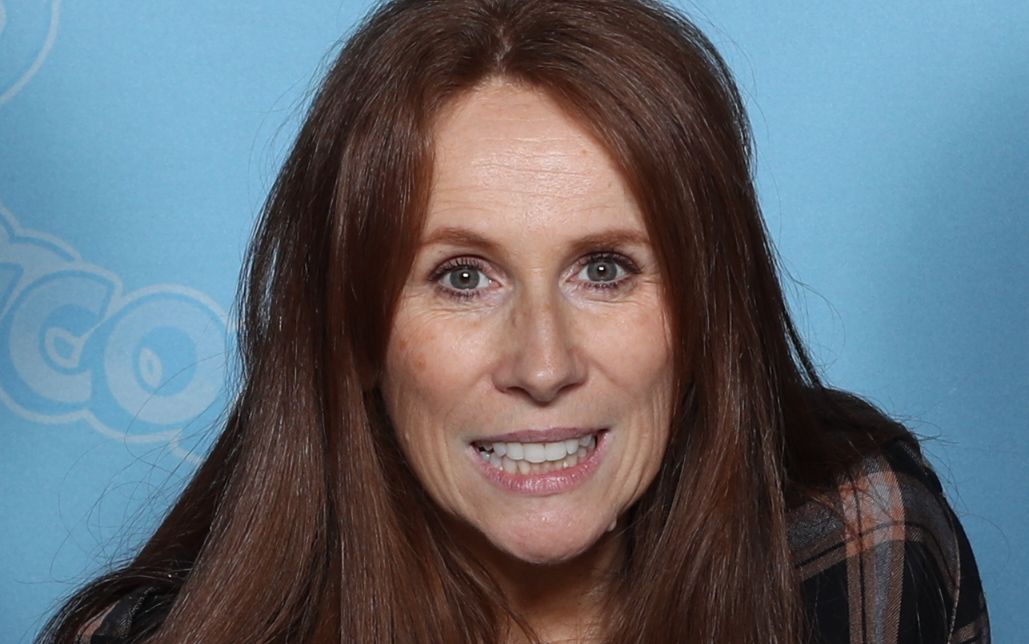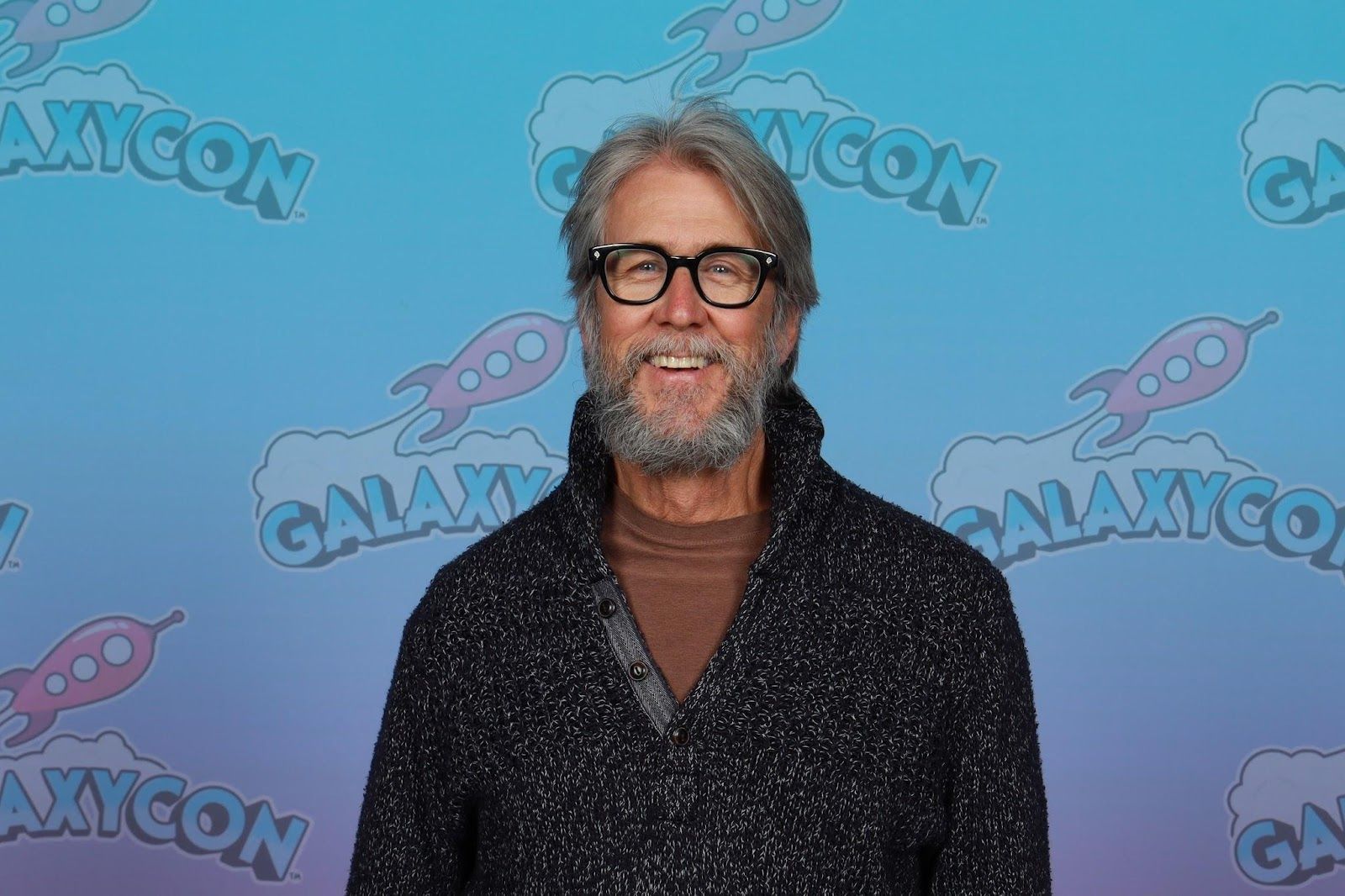Who could hate these songs?
What Sinatra and Slash confessed: Artists who disliked their biggest hits

Image: Panos Sakalakis
The evidence piles up and confirms it: Most artists grow tired of their biggest hits. Sure, maybe the initial charm of one’s own song wears off after playing it regularly for decades. But some bands and artists have been quoted calling their own creations "terrible" and promising they would get off stage if someone asked them to play them. Surely, though, no one could hate "Strangers in the Night", don’t you think? Let’s explore what the artists behind these 10 hits songs feel about them years later.
1
We Didn’t Start the Fire

Image: Dane Deaner
Although Billy Joel is one of America’s favorite songwriters, he is often very vocal about pointing out the flaws he finds in his early hits. He even found fault with the timeless " Piano Man, " which earned him his nickname, due to a melody he finds repetitive and lyrics he compares to limericks.
He assures that he doesn’t hold grudges against his own songs, but he did point out that he thought the melody of "We Didn’t Start the Fire" was "terrible" and compared it to a dentist’s drill . He says the only redeeming quality of that song is the lyrics—those famous rapid-fire lists of historical events from the ‘40s to the ‘80s.
2
Shiny Happy People

Image: Nathan Dumlao
R.E.M. created "Shiny Happy People" with a satirically overly positive tone . It was a hit back in the ‘90s upon its release, but it always remained a bit of an oddball in the band’s otherwise more introspective and serious records.
The cheerful tune has been quoted endlessly in movies and TV shows. Even the sitcom Friends considered making it its theme song! But singer Michael Stipe expressed little love for what he called "a bubblegum pop song." Stipe went as far as to say that he "hates" the song and sees it as a fluke rather than a reflection of the band’s work. Although other members are less critical, the consensus is that "Shiny Happy People" is not R.E.M.’s proudest achievement.
3
Smells Like Teen Spirit

Image: Firmbee.com
Nirvana’s breakthrough hit, "Smells Like Teen Spirit," is often credited with launching the grunge movement and bringing alternative rock into the mainstream. The song's catchy riff and cryptic lyrics became an anthem of frustration and angst in the youth of the ‘90s. But Kurt Cobain, Nirvana's frontman, quickly grew to resent the famous song.
In a 1993 interview, staying true to his grunge persona, Cobain declared: "I can barely, especially on a bad night, get through ‘Teen Spirit.’ I literally want to throw my guitar down and walk away." He said he felt the song was too "mainstream" and polished, and nothing like the gritty authenticity he had envisioned for Nirvana—something that shone through in the band’s less popular work.
4
What’s Love Got to Do with It

Image: Pixabay
"What’s Love Got to Do with It" was first offered to Donna Summer, but it was Tina Turner who made history with it in the ‘80s. Initially, though, she thought it wasn’t the right track for her. She once confessed: "I didn’t like it at first. It was a pop song. I’m a rock ’n’ roll singer. "
However, her manager convinced her to record it. Her reluctance was such that she only did a few takes of it, convinced it would be a filler track in her album. We now know how wrong she was. The hit ended up redefining her career, so successful that it inspired the title of her 1993 biographical film, starring Angela Bassett as her.
5
(You Gotta) Fight for Your Right (to Party!)

Image: Colourblind Kevin
You would think that the satirical tone of this song would be obvious. It’s not hard to tell that the flatly yelled-out lyrics about hard-partying youth were poking fun at the frat culture of the time. But the joke went over many people’s heads, and it became an anthem of sorts for the culture it meant to make fun of.
This irritated the Beastie Boys, particularly because the song became their breakout hit. Band member Adam Yauch explained that the whole song was "a joke that got out of hand." They felt the song misrepresented their style, which is why they avoided playing it live in later years.
6
Strangers in the Night

Image: Ethan Rougon
Frank Sinatra did not shy away from expressing his distaste for one of his biggest hits. He disliked "Strangers in the Night" from the start, explaining to the writer that he didn’t like the lyrics and requesting that they be changed. But the process was rushed, and he had to record the version as it was. It became an instant award-winning, chart-topping hit.
Still, the singer despised it. He reportedly muttered disparaging comments about it during live performances. People speculated that his famous addition of the scat "doo-be-doo-be-doo" was a spontaneous attempt to add some grace to a song he was so tired of.
7
Dream On

Image: Rombo
"Dream On" was a major hit for Aerosmith and helped the band’s career skyrocket in the ‘70s. It was written by lead singer Steven Tyler long before Aerosmith had formed or signed any record deal: He was 18 years old when he finished writing it. But years later, after the band recorded it, guitarist Joe Perry, in his words, "wasn’t crazy about it" for a long time.
He mentioned in interviews that the song was too soft and slow compared to the rock music he wanted to be playing. He admitted that he would have preferred that the band triumph with a more hard-core rock song, but wasn’t too sad about it, because, as he said, "a hit is a hit."
8
Under the Bridge

Image: Roberto Nickson
"Under the Bridge" is a soft, personal song that stands out in the repertoire of Red Hot Chili Peppers. According to the legend, the album’s producer discovered lead singer Anthony Kiedis’ poem about walking around L.A. when he was feeling down. The producer insisted that the lyrics were worthy of a song, and soon the whole band helped finish arranging it.
But Kiedis wasn’t so excited about sharing such an introspective song. In his memoir book, he shared that sharing such an intimate, contemplative song made him feel vulnerable, and felt it was too personal to perform on stage. This caused the band some trouble over the years, as fans always had something to say when the band skipped the song during performances.
9
Where Did Our Love Go

Image: Angelina Yan
Before "Where Did Our Love Go" was released, The Supremes were struggling to break into the mainstream. Their label had started referring to them as the "no-hit Supremes." To make matters worse, the trio didn’t like this particular low-energy song and thought nothing would come of it. But the relatable lyrics, amped by Diana Ross's lead vocals, transformed the song into a No. 1 hit on the Billboard Hot 100.
Before this, the group was used to performing upbeat, high-energy songs, like "Buttered Popcorn" or "I Want a Guy." In comparison, their first hit had a subdued tempo and a different identity. But, as producers had expected, the song worked. The Supremes went on to become the best-charting female group in history!
10
Sweet Child O’ Mine

Image: Jay Wennington
"Sweet Child O’ Mine" was written by Guns N’ Roses' lead vocalist Axl Rose about his then-girlfriend Erin Everly. The song was originally created from a simple guitar riff by Slash, which he had come up with during a jam session. It went on to become a No. 1 hit on the Billboard Hot 100.
But guitarist Slash was never a huge fan of the song. He admitted that his famous riff was okay, but that the whole song felt like it belonged to another band’s style, not theirs. Of course, the general audience loved it and it became a huge hit compared to their hard rock songs. Over time, though, Slash grew to love it because of the immense impact it had on Guns N’ Roses’ career.


